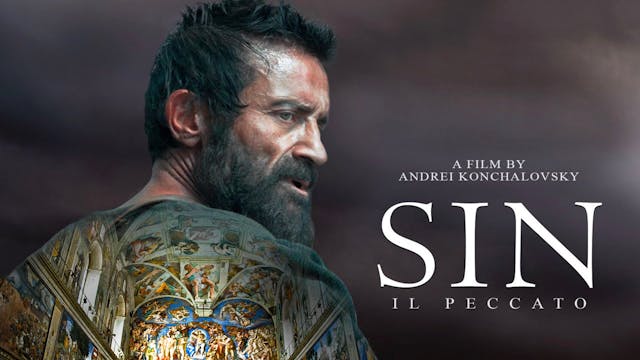Menocchio the Heretic
Italian Cinema
•
Biography, Drama, History
Italy, late 16th century. The Roman Catholic Church, feeling threatened in its hegemony by the Protestant reform movement, invokes the Inquisition to consolidate its total control. The new confessional, designed in these very years, is transformed from a space for the consolation of souls to a tribunal of thought. Eavesdropping, spying, and denunciation of neighbors are made mandatory, on the pain of excommunication, prison, or the pyre. Menocchio (Marcello Martini), an old, stubborn, self-educated miller from a small mountain village in Friuli decides to oppose the new order. Accused of heresy, he ignores the pleading of friends and family in order to stand trial for his belief that as a man, he is the equal of any bishop, the inquisitors, and even the Pope.
Based on true events, Alberto Fasulo's MENOCCHIO THE HERETIC had its world premiere at Locarno and won the Grand Prix at the Annecy Italian Cinema Festival.
“A satisfyingly gritty period piece, centered around an impressively understated central performance by first-time actor Marcello Martini.” –Slant
DIRECTED BY ALBERTO FASULO
ITALY | 2018 | ITALIAN WITH ENGLISH SUBTITLES
Up Next in Italian Cinema
-
Beate
After receiving notification via group text that they are being laid off, the hardworking female employees of the Veronica Garment Factory decide to “borrow” some equipment and create their own line of lingerie. Despite a lack of money and resources, the group is determined to make the new busine...
-
Sin
Florence, early 16th century. Although widely considered a genius by his contemporaries, Michelangelo Buonarroti (Alberto Testone) is reduced to poverty from his struggle to finish the ceiling of the Sistine Chapel. When his commissioner and head of the Della Rovere nobility Pope Julius II dies, ...
-
Human Capital
Based on Stephen Amidon's acclaimed novel, director Paolo Virzì's HUMAN CAPITAL presents a riveting and stylish modern day morality tale of class, green and desire. With a lavish home and beautiful wife, hedge-fund manager Giovanni Bernaschi seemingly has it all. Meanwhile, real estate agent Dino...


